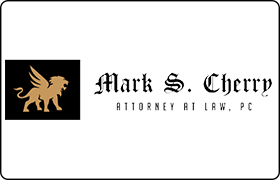Sicklerville Collection Lawyer, New Jersey
Sponsored Law Firm
-
 x
x

Click For More Info:
-
Mark Cherry Law
385 Kings Highway North Suite 101 Cherry Hill, NJ 08034» view mapBankruptcy & Debt Where Every Client Matters
We want our clients to be confident and secure knowing we are a law firm ready to take on the fight and challenge with them.
800-824-6431
William F. Ziegler
Business Organization, Civil Rights, Collection, Employment
Status: In Good Standing
Kevin Castro
State and Local, Family Law, Collection, Personal Injury, Accident & Injury
Status: In Good Standing Licensed: 38 Years
Jennifer F. Torsiello
Collection, Litigation, Civil Rights, Federal Trial Practice
Status: In Good Standing
 Mark Cherry Cherry Hill, NJ
Mark Cherry Cherry Hill, NJ AboutMark Cherry Law
AboutMark Cherry Law Practice AreasSpecializations
Practice AreasSpecializations
